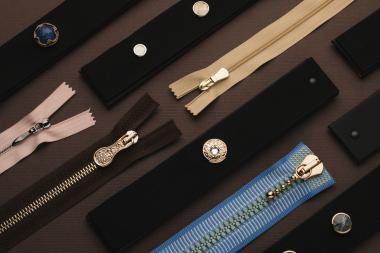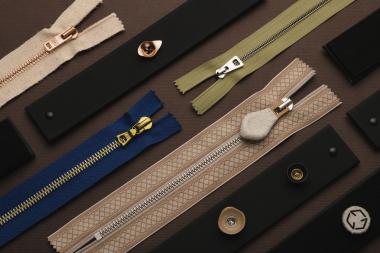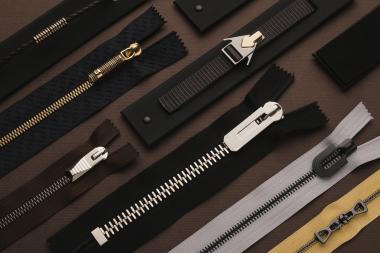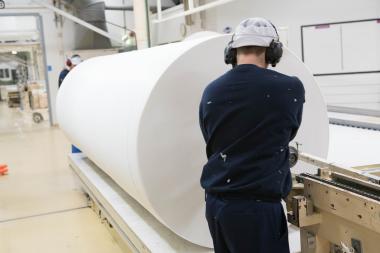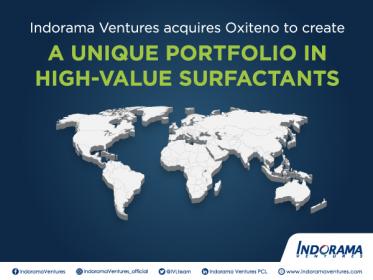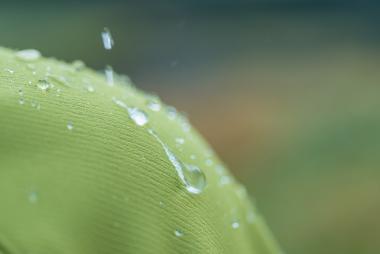Textile and apparel industry alliance closer to an international microfibre shedding standard
A sector alliance that was formed to tackle issues relating to microplastics has completed the next phase of its project to develop a harmonised industry standard for the supply chain. The Cross Industry Agreement (CIA) has revealed the results of a fibre fragmentation trial that has been carried out in advance of establishing a CEN Standard (from the European Committee for Standardization). Once confirmed, the standard will also become an ISO standard under the Vienna Agreement, providing apparel manufacturers and policy makers with a vital tool as part of wider work to reduce microfibre shedding into the environment.
In 2018, five industry organisations agreed to join forces to proactively tackle the issue of microplastics, and signed the Cross Industry Agreement. The initial signatories were European industry associations that represent the European and global value chains of garments and their associated maintenance – the International Association for Soaps, Detergents and Maintenance Products (A.I.S.E.), European Man-Made Fibres Association (CIRFS), European Outdoor Group (EOG), EURATEX the European apparel and textile industry confederation, and the Federation of the European Sporting goods Industry (FESI). Together, the five organisations understood that the very first step to enable global action around the topic, was to agree a harmonised test method which would allow the collection and comparison of globally generated data, to aid the identification of solutions.
The microfibre shedding test method was developed thanks to the joint efforts and cooperation of experts from 28 European, American and Asian organisations; the result was handed over to CEN in 2020. Since then, representatives from the CIA have been working with CEN to fine tune details in order to meet the requirements for a CEN Standard. To verify the reproducibility of the method, the partners have carried out a round robin trial (RRT) to determine if the method could be replicated in different laboratories and produce similar results. 10 organisations participated in the RRT, which was co-ordinated by the CIA, sending fabric samples to all of the laboratories involved and then collecting and analysing the data.
The results from the RRT show statistically significant consistency, both within and between participating laboratories, which demonstrates that the method is both repeatable in the same setting and reproducible in other laboratories.
The CIA has submitted the results of the RRT to CEN, with the intention that the CEN Standard is confirmed in the near future. Once that has happened, it will be promoted throughout the apparel industry and will become a key tool for researchers, businesses and governments as they accelerate efforts to reduce microfibre shedding associated with garment production.
Euratex






